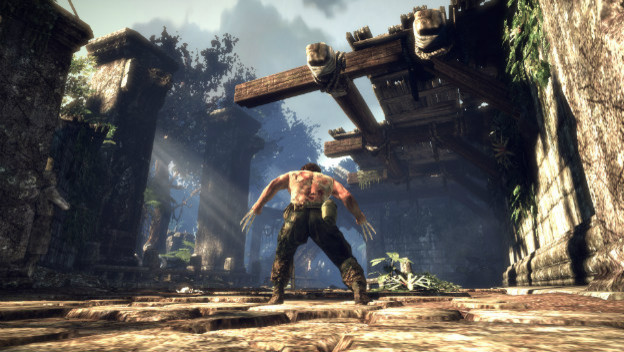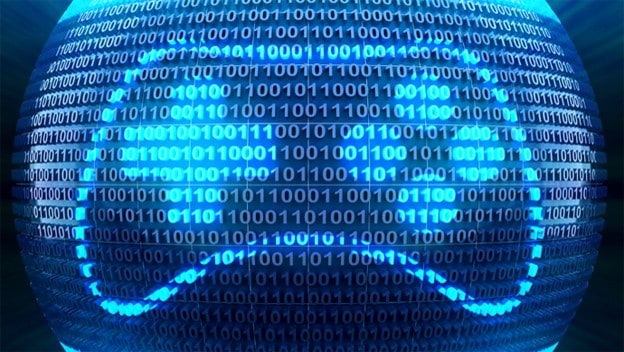It happened again. Something went south with some licensing rights, and an entire video game is disappearing from all digital marketplaces. The victim this time is Alan Wake , Remedy Entertainment’s AAA game from the last generation. It’s a brilliant game, paying homage to the works of Stephen King and David Lynch, but with ambition and distinct, original creative thoughts. The problem is, it has licensed music. The problem with licensed music is, those licenses generally don’t last forever. The problem with licenses that don’t last forever is, the entire game can no longer be sold. This is bad for games, this is bad for the people who make games, and of course for the people who play them.
The video game industry, really the entire entertainment industry, is quickly headed towards the erosion of physical media. Sales are projected to be nearly 40% digital by the end of 2017. This is cool and fine for several reasons. Games will be less expensive, take up more space, and theoretically make more money and promote further growth. However, retailers will be out of work and stores will shut down, people without access to high-speed Internet will be more and more screwed, storage media might skyrocket in price, and the idea of ownership will vanish into thin air.
If you purchase a digital product, you do not own it. You are purchasing the rights to use the thing. It can vanish at any time for any reason and there’s nothing you can do about it. Now, there are some fail-safes in place currently. Generally, games like Alan Wake will be downloadable in short-term perpetuity regardless of whether or not you can purchase it. A similar situation has happened with multiple Marvel games, such as X-Men Origins: Wolverine and Ultimate Marvel vs Capcom 3, which was later re-released and treated like a great PR move despite the copyright shenanigans. Both have been de-listed from digital services, but are still downloadable by people who purchased them in the past. However, that continued access is not guaranteed.
Remember P.T. ? How about Google Books? P.T. was removed entirely from the PlayStation Network. Nobody can download it, no matter what. It’s a piece of art that multiple people poured themselves into, and you can’t access it outside of YouTube or scalped systems with it pre-installed. Google has a massive collection of digitized books just sitting there, unable to do anything with it legally. This is a dangerous precedent. Rather than treating arts like products, we should be making as much effort as possible to treat art… like art!

Access to art is an important, necessary part of human culture. Art is how we deal with things like mass hardships and our constantly evolving experiences. In pushing for digitization of everything, we’re handing control of our art over to corporations, and are tossing things like archival, future-proofing and preservation in the trash. If it wasn’t for organizations like The Video Game History Foundation and other projects in media, including museums such as the Smithsonian, our history would be lost to time like so many Atari carts in Midwestern landfills. In the meantime, check out Alan Wake while you still can – it’s cheap!
